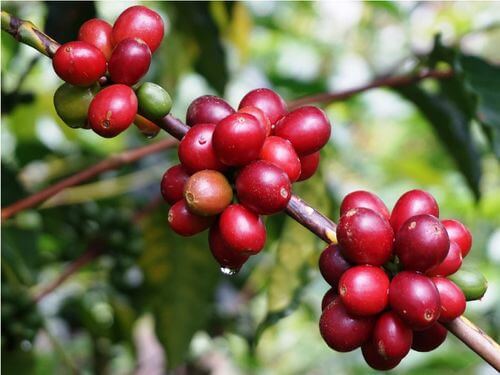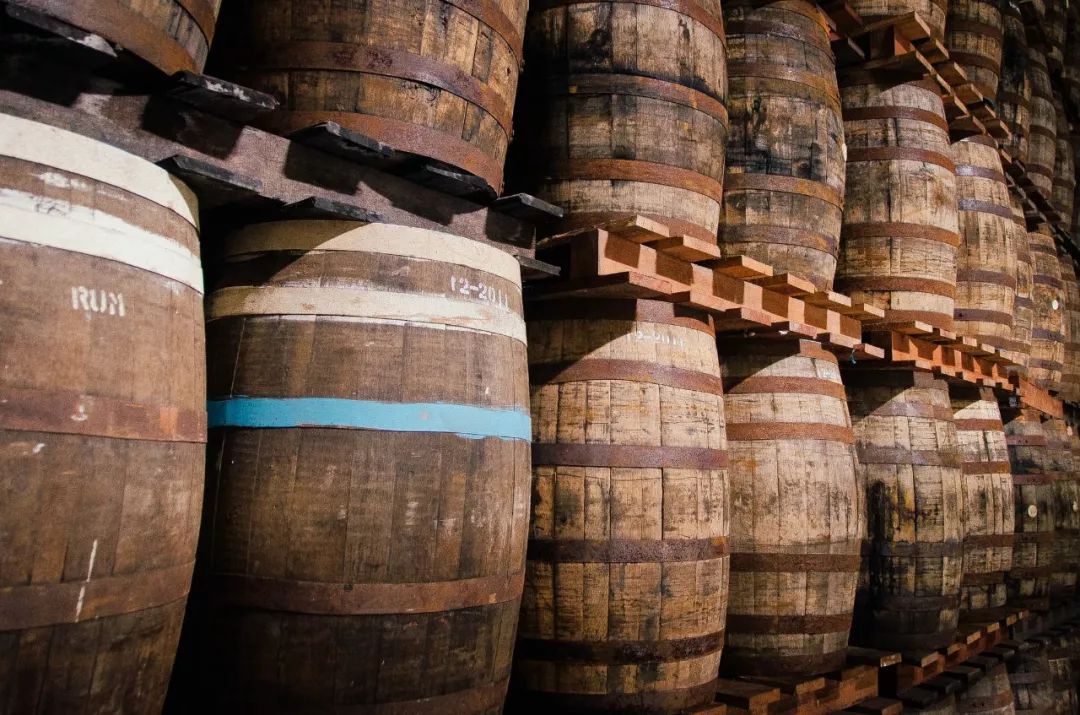Foreign media: China is becoming a big coffee producer in Asia, growing high-quality small fruit coffee

Professional coffee knowledge exchange more coffee bean information please follow the coffee workshop (Wechat official account cafe_style)
According to the Financial Daily, China is moving from a traditional tea grower to a coffee producer in Asia, growing high-quality small fruit coffee (Arabica coffee). It is more attractive for international coffee groups and commodity traders to set up strongholds in Yunnan Province to facilitate the export of coffee beans.
For example, Volcafe, a well-known multinational coffee trader, has been exporting Chinese Arabica coffee beans over the past 10 years, and plans to set up a joint venture with Arabica Star Coffee in Simao, Yunnan Province. Volcafe will become the first international coffee trader to have a foothold in China.
Industry insiders say the coffee grown in Yunnan, China, is very similar to coffee beans from Honduras and Guatemala. The quality of Yunnan Arabica beans has been raised to the level of Central America.
Because the income of coffee farmers is twice as high as that of tea farmers who grow the same area. More and more tea farmers in Yunnan are turning to growing coffee.
Coffee consumption in China is growing at a rapid rate of 15 per cent a year, much higher than the 2 per cent increase in global coffee consumption. Yunnan coffee beans have become the main blend of Arabica coffee in Europe, according to international commodity traders and roasters.
China's coffee exports have grown steadily over the past decade, from 137000 bags (60 kg each) in 1998 to 1.1 million bags in 2012, which is not only equal to Costa Rica's exports, but also to about 1 pound of Colombian production.
END
Important Notice :
前街咖啡 FrontStreet Coffee has moved to new addredd:
FrontStreet Coffee Address: 315,Donghua East Road,GuangZhou
Tel:020 38364473
- Prev

50% discount on the new! Colombian San Jose Manor "rum barrel fermentation" coffee!
Professional coffee knowledge exchange more coffee bean information please follow the coffee workshop (Wechat official account cafe_style) Qianjie Coffee this time to recommend this bean, it seems that no one has guessed it ~ then reveal it! This American bean, which is very rare and has a special flavor, is the refined rum barrel fermentation treatment of Colombia's "San Jose Manor".
- Next

Coffee lovers must collect coffee quotations! It's a must for coffee pictures and articles in moments!
Professional coffee knowledge exchange more coffee bean information please follow the coffee workshop (Wechat official account cafe_style) No matter how busy, you also need a cup of coffee! Having a cup of coffee every day has become an integral part of many people's lives: they need coffee to wake up in the morning, coffee to concentrate in meetings, and overtime.
Related
- Can lightly roasted coffee beans be used to extract espresso? How finely should you grind high-quality coffee beans to make Italian latte?
- What is the difference between the world's top rose summer coffee and Yejia Shefi? What are the flavor characteristics of Yega Shefi coffee and Panama rose summer?
- The ceremony is full! Starbucks starts to cut the ribbon at a complimentary coffee station?!
- A whole Michelin meal?! Lucky launches the new "Small Butter Apple Crispy Latte"
- Three tips for adjusting espresso on rainy days! Quickly find the right water temperature, powder, and grinding ratio for espresso!
- How much hot water does it take to brew hanging ear coffee? How does it taste best? Can hot water from the water dispenser be used to make ear drip coffee?
- What grade does Jamaica Blue Mountain No. 1 coffee belong to and how to drink it better? What is the highest grade of Blue Mountain coffee for coffee aristocrats?
- What are the flavor characteristics of the world-famous coffee Blue Mountain No. 1 Golden Mantelin? What are the characteristics of deep-roasted bitter coffee?
- Can I make coffee a second time in an Italian hand-brewed mocha pot? Why can't coffee be brewed several times like tea leaves?
- Hand-brewed coffee flows with a knife and a tornado. How to brew it? What is the proportion of grinding water and water temperature divided into?

